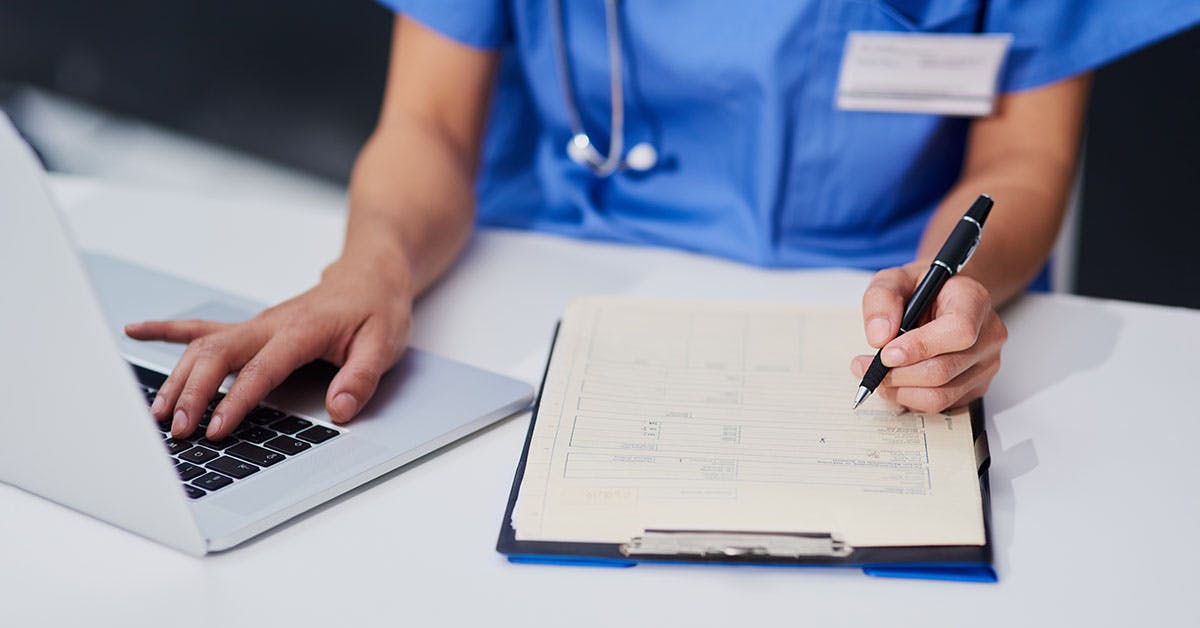10 Jan 2017
What does a Medical Receptionist do?
Interested in a Career in Health?
The daily duties of a Medical Receptionist stretch far beyond the front desk.
Regardless of whether you’re working in a general practice, major hospital, dental or medical clinic, a Medical Receptionist needs to have amazing organisational skills, be able to effectively multi-task, have efficient time management and provide a high level of customer service.

Daily duties of a Medical Receptionist may include:
Welcoming patients and visitors, answering the telephone and answering any enquiries
Scheduling appointments and being organised enough to keep those appointments on time
Assisting patients with completing necessary forms and documentation, as well as ensuring that all information acquired is accurate and current
Scheduling external appointments for any clients that require hospital admission and tests
Keeping a clean, calm and collected reception area
Processing bill procedures and payments
Faxing, scanning, filing, and mailing
Comforting distressed patients – this may range from simply fixing any appointment issues that may arise through to being the voice of comfort during times of extreme stress and emergency
Equipment sterilisation and cleaning
Monitoring and ordering stationery and clinical supplies to maintain a working supply at all times
Booking and organising staff and doctor meetings
Maintaining information confidentiality at all times
Not sure if you should be a Medical Receptionist? Read our blog post on '5 Reasons to Choose a Career As a Medical Receptionist' and know more if this is the right job for you.

How to become a Medical Receptionist in Australia
For those looking to jump straight in, a HLT37315 Certificate III in Health Administration is your first point of call, equipping you with the knowledge and know-how to become an effective contributor to the medical and health services industry. Alongside understanding medical terminology, you will also learn the best way to manage information and resources, how to prioritize work tasks and responsibilities, and how to manage infection control in a healthcare setting.
If you’re looking to progress further, a HLT47315 Certificate IV in Health Administration delves into human resources and recruitment, running an effective team and monitoring the compliance of ethical and legal responsibilities. This course will lead you to into a supervisory role, where you can effectively manage a team of like-minded medical administration workers.
Does this sound like the right job for you? Kick-start your career in Health Administration as a Medical Receptionist with our Certificate III in Business (Medical Administration) course. Enquire Now and speak to one of our Careers Advisors today.
Related Articles

How to become a Leader in Healthcare
Want a highly rewarding career with great prospects? Learn the ins and outs of Healthcare Management and some top tips to get ahead.

How Yarna’s childhood dream led to a rewarding career in healthcare
Yarna has wanted to help others in healthcare since she was a child. Now she’s helping students achieve their career dreams at Foundation Education.

Proud member of

© Foundation Education | RTO Number 22557
